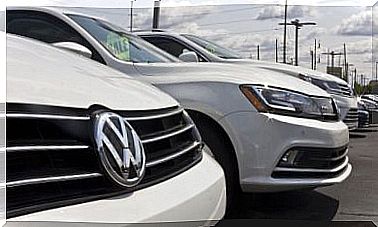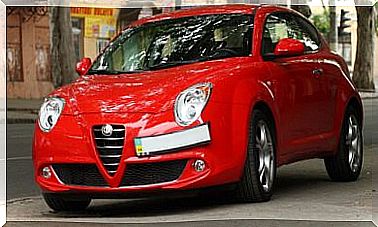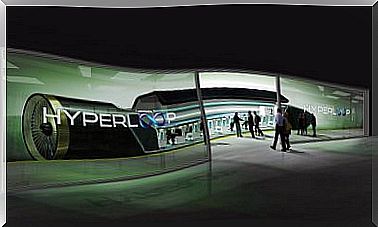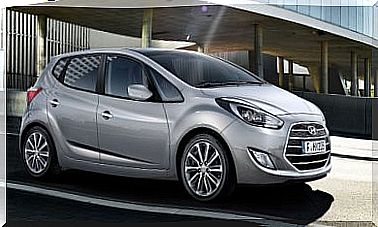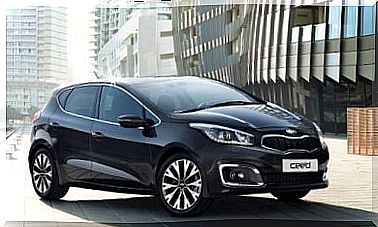The Difference Between The Octane Numbers Of Gasoline, Which One Suits Your Car?
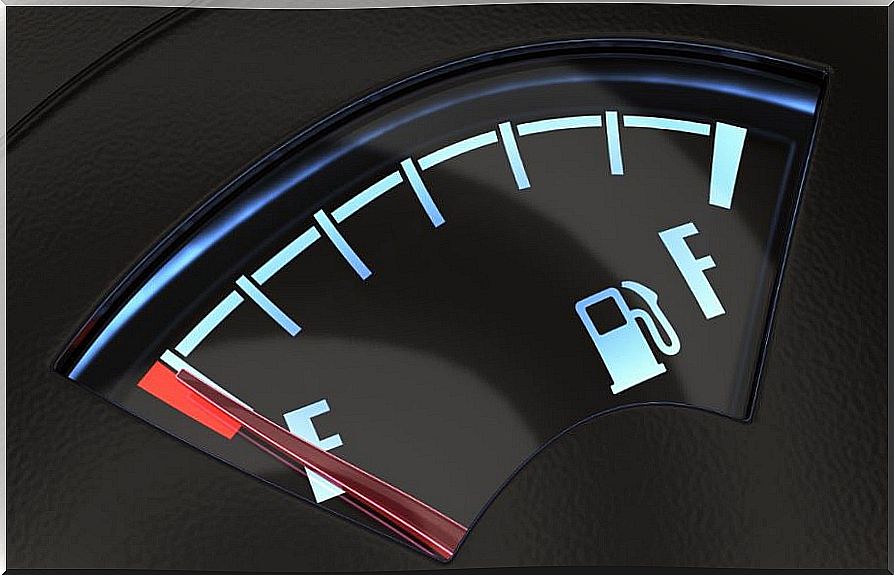
Most of the citizens of our country have access to the car and, as such, it needs a very important liquid to make it work: gasoline. Access to this takes place through gas stations or pumps, in which companies offer us different prices for each type of fuel, gasoline and diesel.
Although we find two types of diesel, the one for common use – passenger cars and medium-sized vehicles – and the one for professional use (much less refined), in the case of gasoline we distinguish them by their octane rating. So the first thing to know is what is this octane?
What is octane?
The theory says that octane is the resistance that fuel offers to detonation, which allows you to increase the compression of the engine without problems of reliability. Translated into more colloquial language, it means that the higher the octane, the more performance can be extracted from an engine block.
With this premise, it could be concluded that we use the highest octane gasoline for our car every time we refuel, but the question is not so easy. Depending on its characteristics, each engine is prepared or has a preference for a certain gasoline, so in general, the fuel to use will not be our choice.
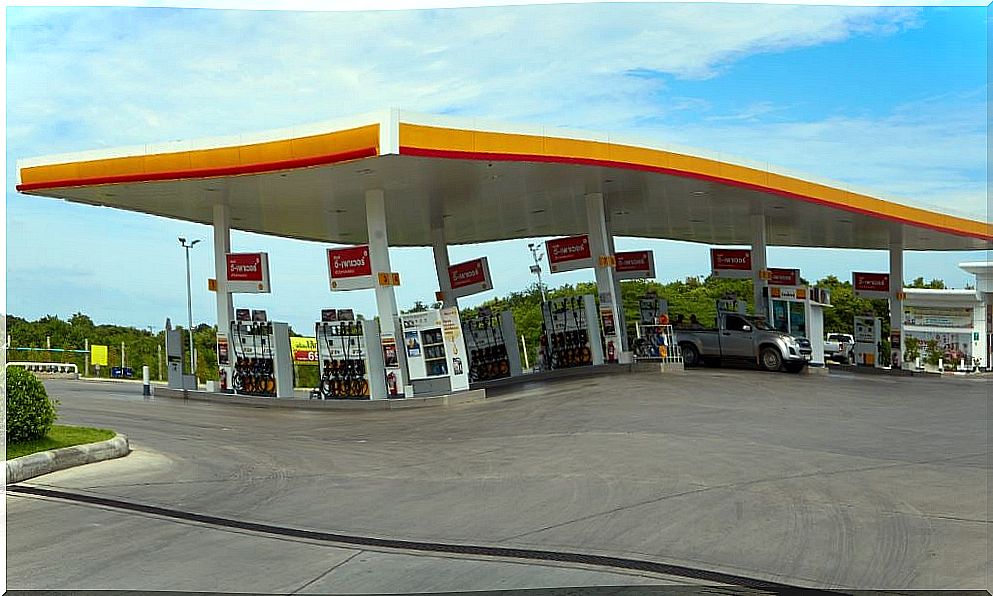
What types are there on the market?
The octane number of gasoline available depends a lot on the market in which we find ourselves. At least, in our domestic market we have two types: 95 and 98 octane. Until 2005, 97 octane gasoline was available for cars that needed leaded fuels, a chemical substituted by additives.
Since then, all these older cars that need this fuel have to settle for 95 octane gasoline, to which they must add the relevant additives.
In competitions like Formula 1 they use conventional 102 octane 99% gasoline. The remaining 1% contains chemical elements that the teams do not disclose.
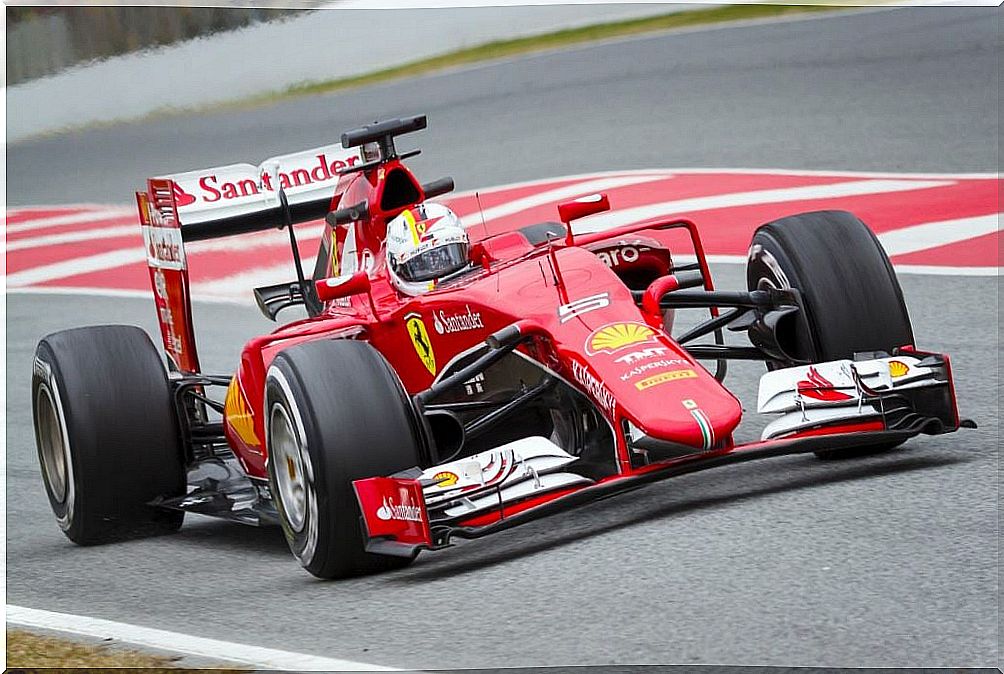
As a curiosity, in a market as special as Cuba, the quality of fuel is much worse than ours. An example of this is that their cheapest gasoline has 83 octane, while the most expensive is 94 octane, which reduces the useful life of the engine considerably.
What fuel is best for your car?
Perhaps this is the most important point of the whole thing. If you have a gasoline car, what gasoline should you use? The answer depends on your engine. In the vast majority of cars the recommended octane number is 95, which has the advantage of being considerably more affordable.
If the manufacturer recommends using 95 octane gasoline, you’d better follow the instructions, at least for the health of your pocket. A car prepared for 95 gasoline will always be able to run on higher octane gasoline (in this case 98), but its performance will not improve, and doing so will be invaluable. Better save money and use the recommended one.

However, for high power naturally aspirated gasoline engines and high performance supercharged propellants the recommended fuel is 98 octane. It does not matter if it is the V12 of a Ferrari F12 Berlinetta or the V8 biturbo of a BMW M5.
If an engine prepared for this type of fuel uses a lower octane rating, the first symptoms that we will notice will be a loss of performance and an increase in consumption. In addition, it could affect the reliability of the drive in the long run and drastically reduce its service life.



